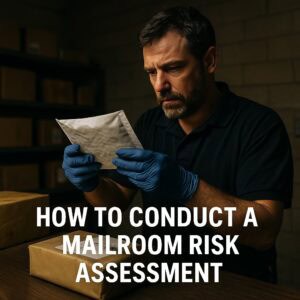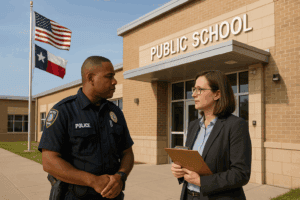According to Mexico News Daily, the Federal Bureau of Investigation, FBI, investigated 113 kidnapping cases involving U.S. citizens and residents in Mexico in 2018, and warned its citizens to take extra care when traveling to Mexico City because of the “serious risk of crime.”
Of the 113 cases, 64 involved a U.S. citizen, in 10 cases the victim was a U.S. permanent resident of Mexico and in 39 cases, an extortion call or ransom demand was placed to a number in the U.S.
Osac.gov reports the low rate of criminal convictions contributes to the high rate of crime. Although there is no pattern of criminals specifically targeting foreign or U.S. businesses/personnel, criminals will target anyone perceived as lucrative and vulnerable.
Criminals select victims based on an appearance of prosperity, vulnerability, or a lack of awareness. Armed robberies, kidnappings, car thefts, credit card fraud, and various forms of residential/street crime are daily concerns.
On April 19, 2019, the United States Department of State added a “K” indicator to clearly annotate a risk of kidnapping and hostage-taking. While the Department of State has been providing information on these issues, the new indicator is a way to make the issues more evident for those doing research prior to traveling abroad.
The goal is to provide information to U.S. citizens about kidnapping and hostage-taking incidents as well as the continuing risk associated with those activities.
Stay diligent and make sure you are conducted comprehensive risk assessments prior to travel. Organizations may also want to consider pre-travel planning in the areas of situational awareness and kidnap prevention in order to mitigate some of the risk.






